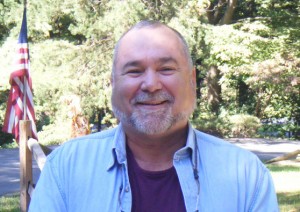
Clandestine Operations 101
Here's how to create a clandestine service that is not the laughing stock of the planet:
00 Stop confusing secure field operations with any need for access to official secrets. The primary reason CIA is such a mess is the ascendance of security ignorance and myopia combined with sedentary overly fearful managers unable to do anything from outside an official cover safety net.
01 Recruit mid-career US citizens who have unwittingly created their own cover and access. Do not assign them anything requiring more than 10% of their time.
02 Recruit mid-career non-US citizens, same as above, they never visit HQS or touch secrets not collected by themselves.
03 Get back in the business of Principal Agents (PA) from all countries, same selection concept as above (mid-career, have the cover and access desired).
04 Start doing multinational regional clandestine stations, using indigenous case officers (the Australians and Cambodians seem to have this down pat) while providing close-in technical, money, and leads from the constellation.
05 Be more aggressive (with appropriate caution) in doing what one of my mentors termed “it's just business.” One time offers based on outcomes, no polygraphs, no approvals from HQS people out of touch with reality, etcetera.
ON A PERSONAL NOTE
It has come to my attention that someone describing themselves as one of my classmates has said that I nearly killed people in El Salvador, had an accident, and was effectively non-operational from 1982 on. Since half my class quit within five years, by my calculation there should be no more than one or two of my graduating class (I skipped interims and jumped one class, I remember no one from my EOD class.
Below are the facts, without any grudges. What I learned from my experiences within CIA remains priceless and has informed my persistent efforts to reform US intelligence.
Continue reading “Robert Steele: Clandestine Operations 101 + Personal Comment”







